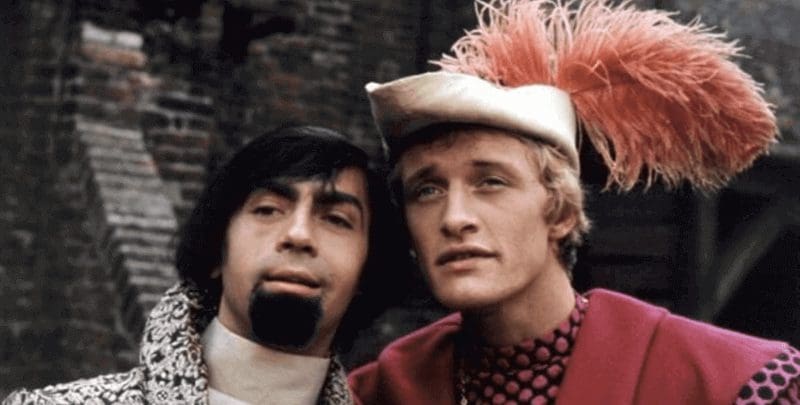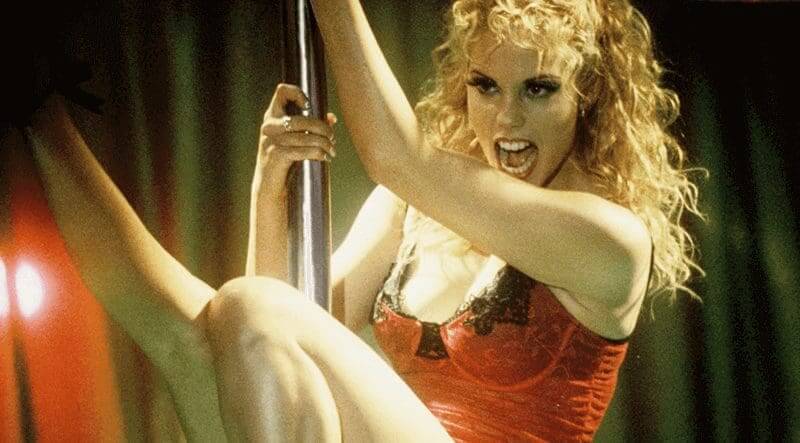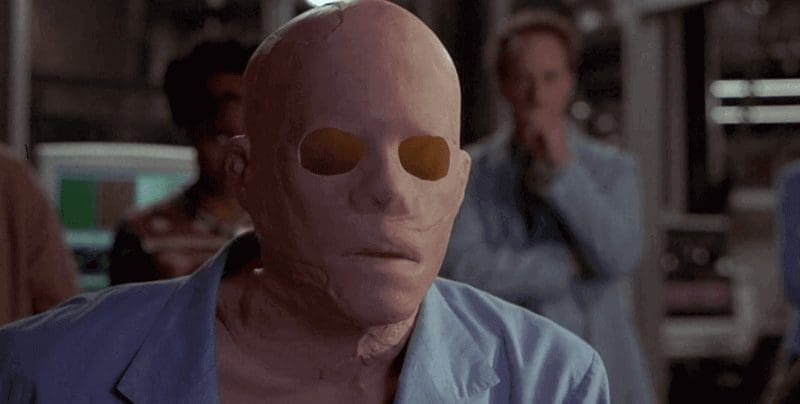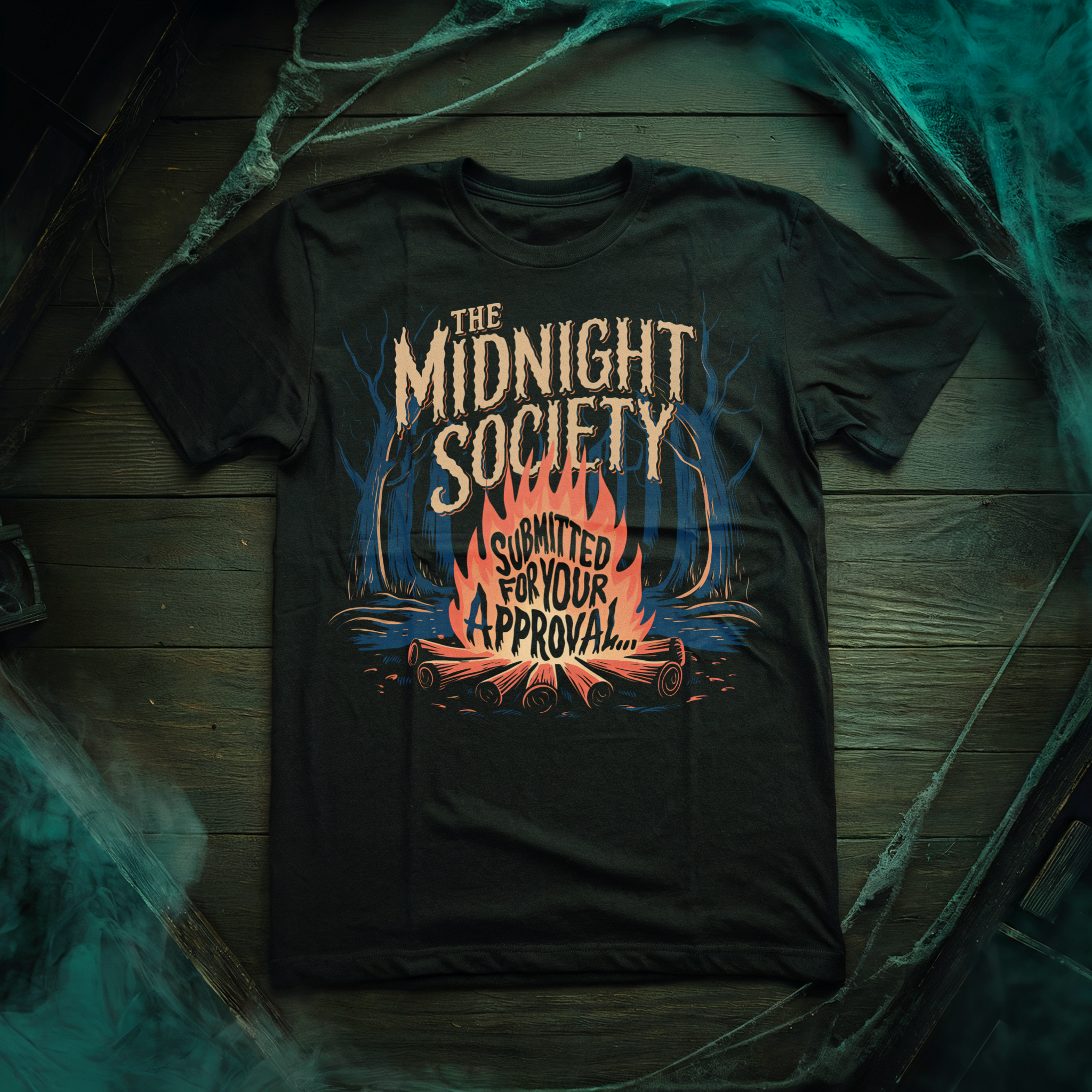Recently on the NOFS podcast, our lovely hosts reviewed Starship Troopers, directed by the enigmatic Paul Verhoeven. Whenever one discusses Starship Troopers or any of Verhoeven’s other action films, a recurring topic is the fact that the film’s underlying message went over the heads of many a viewer. If you only saw Robocop as a kid, it’d be worth revisiting it to look for details you might have missed the first time. If you have never seen any of the movies listed below, you’re in for a treat. This guide will give you a different lens to view these films with and give you an idea into the motivation of the man behind the camera.
On the surface, Paul Verhoeven’s Hollywood movies appear to be schlocky action films and sexed-up dramas, but look a little closer you’ll see them for what they really are: subversive satires that poke fun at the core of America. Verhoeven has said that his goal in filmmaking is to provoke, and he definitely ruffled a few feathers throughout his career. But there is a reason for the over-the-top sex and violence, which he believes are inherent to life itself. Audiences and critics alike missed the point of Verhoeven’s movies when they were first released. Even the actors didn’t seem to know they were in a satire. Only decades later, we are finally beginning to understand.

BEFORE COMING TO AMERICA
First, a brief biography. Paul Verhoeven grew up in Nazi-occupied Holland. Some of his earliest memories were of war; buildings being bombed and the corpses of executed prisoners left to rot in the streets. These images stayed with him and shaped him into the person he is today.
Verhoeven started his career in the late ’60s directing a Dutch TV show called Floris, which starred a young Rutger Hauer (Hobo With a Shotgun), who would later collaborate with Verhoeven on several other projects. Verhoeven’s first feature Any Special Way was released in 1971 and centered on the lives of two sex workers in Amsterdam. Verhoeven continued on the sex comedy train, following up with Turkish Delight. The film was a massive success, winning the title of “Best Dutch Film of the Century” and was nominated for “Best Foreign Film” at the Oscars. Verhoeven wowed international audiences again in 1977 with Soldiers of Orange, about the Nazi occupation of the Netherlands during World War II, drawing directly from Verhoeven’s own memories. Despite the awards he was raking in, critics were nonetheless disturbed by Verhoeven’s raw depictions of sex and violence, evidence that he was pushing boundaries very early in his career.
Then in 1985, Verhoeven made his first attempt at an English-language feature Flesh+Blood, set in medieval Europe. The film flopped hard and soured Verhoeven’s relationship with Rutger Hauer. Unable to secure funding in his own country, Verhoeven flew to America to start the next chapter in his life.
ROBOCOP (1987)
Verhoeven’s Hollywood career started off with a bang, or rather with several rounds of ammunition in the dystopian sci-fi action thriller RoboCop. When a police officer (Peter Weller) is brutally murdered in the line of duty, he is brought back to life with the help of robotics technology, courtesy of the Omni Consumer Products corporation. With no memory of his former life, RoboCop patrols the streets of Detroit, delivering justice upon the criminal scum who have turned the city into a lawless wasteland. It sounds like a regular cops-and-robbers story with a futuristic twist, but certain details will clue you into the joke.
A lot of the world-building is done through televised segments like news reports, tongue-in-cheek commercials and wacky game shows that cut in every now and then, giving the viewer reason to believe that what they’re seeing should not be taken seriously. Verhoeven uses a lot of Christ-like imagery with RoboCop, as if to say that America worships its policemen, or at least the Hollywood version of them. RoboCop is also a cautionary tale about the privatization and militarization of the police force by mega-corporations. We like to think that RoboCop protects and serves the citizens of Detroit, but he is still the property of OCP. They are the ultimate authority that RoboCop must answer to.
All of the satirical themes on corporate interests were quickly abandoned in the sequels and the 2014 remake. It’s almost ironic how RoboCop was marketed to death, pumping out toy lines, video games, comic books and an animated children’s cartoon. But Paul Verhoeven had no say in it. By then, he had already moved onto his next project…
TOTAL RECALL (1990)
Staying on brand, Total Recall is yet another futuristic sci-fi action flick that made audiences think. An average joe (who happens to have the body and accent of Arnold Schwarzenegger) takes a virtual vacation to Mars. In the simulation, he’s secret agent fighting against a tyrannical government, but the virtual experience triggers his memories and he suddenly remembers that he is in fact a secret agent and he needs to travel to Mars…to fight a tyrannical government. The plot is filled with twists and double-crosses, and the whole time you’ll be asking yourself if it’s all part of the simulation, since everything that happens was exactly what was advertised by the simulation technicians. Like RoboCop, the violence is exaggerated. Bad guys are shredded to bloody tatters by gunfire. Arnie uses an innocent civilian as a human shield. And at the beginning, he casually eats breakfast while watching a TV report on terrorists being executed. Once again, television is used to set the scene and to wink at the audience to tell them this is all a joke.

BASIC INSTINCT (1992)
Verhoeven switched gears a bit with his next film– the erotic thriller Basic Instinct. A femme fatale (Sharon Stone) kills her rockstar boyfriend with an ice pick, and the detective (Michael Douglas) investigating the crime tries to get close to her to prove she’s the murderer. But he is easily seduced by her irresistible sexiness and becomes a little too involved, thus jeopardizing the whole investigation. Up until then, Verhoeven was able to get away with excessive violence, but he ran into trouble with the MPAA for having too much sex in Basic Instinct. The screenings were protested by both feminists and queer advocates who objected to the film’s portrayal of a jealous lesbian lover. Coming from a country that has such an openness to sex, Verhoeven struggled with America’s aversion to sexuality. In Basic Instinct, Michael Douglas’ character and the rest of the police department are essentially stand-ins for America. As much as they try to put up a puritan facade, they are secretly obsessed with sex and cannot look away when Sharon Stone uncrosses her legs.

SHOWGIRLS (1995)
Verhoeven once again teamed up with Basic Instinct‘s writer Joe Eszterhas to make his most infamous picture. Showgirls is about a young drifter (Saved By the Bell‘s Elizabeth Berkley) with a mysterious past who hitchhikes to Las Vegas in search of fame. She claws her way from dancing in a sleazy stripclub to headlining in Vegas’ biggest and classiest (topless) stage show. But once she’s on top, she realizes how empty fame is and how evil the industry is. Verhoeven did not hold back with the sex, deliberately gunning for that NC-17 rating, normally the kiss of death for a feature.
Showgirls borders on pornographic, and by the half-hour mark, your mind will be desensitized to the copious amount of nudity. Like Sharon Stone’s character in Basic Instinct, Nomi Malone uses sex to get what she wants. Scenes of violence are rare, but when they do come about, they are incredibly graphic. The film was torn apart by critics upon its release, calling it “perverted” and “misogynistic.” It flopped hard at the box office, and practically ruined Elizabeth Berkley’s career. The movie was awarded seven Razzies, including “Worst Picture.” Paul Verhoeven actually showed up at the ceremony to collect the awards, the first director to ever do so.
But the story doesn’t end there. Showgirls has gotten a second life and has gained a cult following in recent years. It has gained a “so bad it’s good” movie status, or as it’s more affectionately called, “a masterpiece of shit.” The movie has regular midnight screenings, and has been turned into both a stage musical and an annual drag show. Fans fell in love with the soapy acting and have championed Elizabeth Berkley as their queen. I highly recommend watching the 2019 documentary You Don’t Nomi, which discusses Showgirls‘ ascension from the flames, and draws parallels with the rest of Verhoeven’s filmography.
STARSHIP TROOPERS (1997)
Starship Troopers is Paul Verhoeven’s triumphant return to sci-fi action thrillers. Based on a 1959 novel, Verhoeven collaborated once again with RoboCop writer Edward Neumeier to make what is essentially a teen drama, with the backdrop of a future where Planet Earth is united under the singular goal of exterminating an intelligent alien race on another planet, which humans insultingly call “Bugs.” The main characters (many of whom previously acted in soap operas like Melrose Place and Beverly Hills 90210) are so brainwashed by their government’s propaganda that they don’t question anything. Signing up for the military seems normal, and is used as a carrot by the government to access basic necessities in society. The government’s reason for invading the alien planet reflect America’s real-world justification for invading the Middle East.
Starship Troopers brings together the best elements of Verhoeven’s previous features. The intense violence communicates that what we’re seeing is seriously wrong and the farthest thing from what should be considered normal. Television coverage of the war in space screams of satire, though once again, not everyone got the point. Sex among the military recruits is wholeheartedly approved by their superiors, seen as a means of motivation in their war against the Bugs. Starship Troopers tries its best to make fascism look sexy. It seduces the audience into rooting for the bad guys, i.e. the human. Verhoeven took inspiration from the Nazi propaganda film Triumph of the Will, and specifically cast the actors based on their “Aryan facial features.” Several more sequels to Starship Troopers were released direct-to-video. As was the case with RoboCop, the satirical aspects were dropped in the hands of another director.

HOLLOW MAN (2000)
Paul Verhoeven’s Hollywood career came to an end with Hollow Man, his second attempt at a horror movie after his 1983 Dutch-language feature The 4th Man. It’s a modern Invisible Man story, about a scientist (Kevin Bacon) who finds a way to turn himself invisible, rendering him mad with power. The film had incredible special effects, but it turned out to be a box office dud. Unlike his other movies, Paul Verhoeven was disappointed in it because he felt any other director could have made it. It’s his only movie out of his Hollywood filmography that doesn’t distinctly feel Verhoevian. There’s nothing to indicate that it is a satire or commentary on American culture.
Feeling like he had run his course, Paul Verhoeven returned to the Netherlands, where he eventually directed yet another Dutch movie about the Nazi occupation of the Netherlands called Black Book. His most recent features, Elle and Benedetta, are both in French and premiered at the Cannes Film Festival. Even at the age of 83, he is still manages to squeeze plenty of sex and violence into his films, though critics are now applauding him for it.
What’s your favorite Paul Verhoeven movie? Did you also miss out on the satire? Let us know over on Twitter, in the official Nightmare on Film Street Subreddit, and on Facebook in the Horror Movie Fiend Club!









